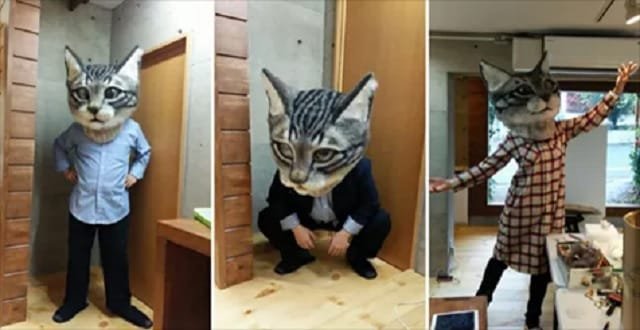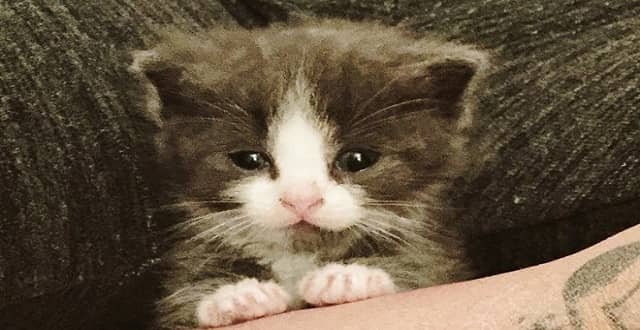ABU DHABI – It is quite a haven for campers and tourists looking to escape the hustle and bustle of city life, but Lulu Island has also become the home of hundreds of feral cats.Most were unwanted pets who were dumped by their owners and left to fend for themselves on the 1,000-hectares man-made island, off Abu Dhabi Corniche, while others arrived on boats with landscapers working on the undeveloped land.
Due to rampant breeding, animal welfare volunteers now estimate the number of cats living on Lulu Island had increased by 350 per cent in just four years to about 200.Animal Welfare Abu Dhabi, (Awad) which is a volunteer-run group, is planning a sterilisation programme to help bring the numbers under control and protect nesting birds, including herons, falcons, egrets and flamingos.The cost per cat can be as high as $69, so a trap, neuter and release program would not be inexpensive.British vet Dr Susan Aylott, who founded Awad, is now appealing for volunteers and donations to help the cause.
“Assuming there are 50 per cent of females, without intervention the island will soon be over-run by cats,” she stated.
“At the moment the cats are living in harmony with the local wildlife, and we don’t want to put out a message to get rid of cats, as one of the problems we have here is that some people don’t want them around.
“There is a lot of conservation work on the island that we are also helping with. We have seen sea eagles and other rare birds, so there is a lot going on.
“Ideally, we would like a plot of land and a mobile medical unit to help us do our work. A field clinic would make a big difference, but it is costly.”
One healthy female cat can produce up to a 100 kittens in her lifetime, Dr Aylott stated.
Volunteers regularly visit the island to help feed the cats, and vets will arrive from the UK in September to help with the sterilisation programme.
The Australian Veterinary Hospital in Khalifa City is holding a trap, neuter and release day once each month, where all male street cats are taken in and sterilized for $14.
Awad has a total of 167 cat-feeding stations across Abu Dhabi, funded by donations.
The goal now is to get all the cats on Lulu Island sterilised to stop the numbers spiralling out of control, as long as Dr Aylott can get permission from the municipality to establish a field clinic there.
Briton Emma Button, who has been in Abu Dhabi for just six years working as a facilities manager, gives up about 20 hours a week helping rescue and feed homeless cats.
“These cats have to eat, and they are just about surviving on the island,” she stated.
“Some of the labourers feed them, but many are struggling to survive. When they are hungry they will try to catch fish, or birds.
“There is no doubt they will eventually take over the island.
“If managed properly, Lulu Island could become a conservation area and a tourist attraction.”
Dr Aylott has officially launched a “give back and pay it forward” appeal, helping labourers on sites around Abu Dhabi who have taken in unwanted pets.
“Sadly, labour camps are often the dumping ground for many of the capital’s cats and dogs,” she went on to say.
“Our campaign is giving back to labour camp workers in recognition of what they do for the animals and to thank them for caring.”
Awad is hoping to collect 5,000 books to donate to various labor camps in Abu Dhabi during Ramadan.
To help out, or volunteer if you are in the area, contact Care Pet on 050 264 8772 or 050 792 1326









